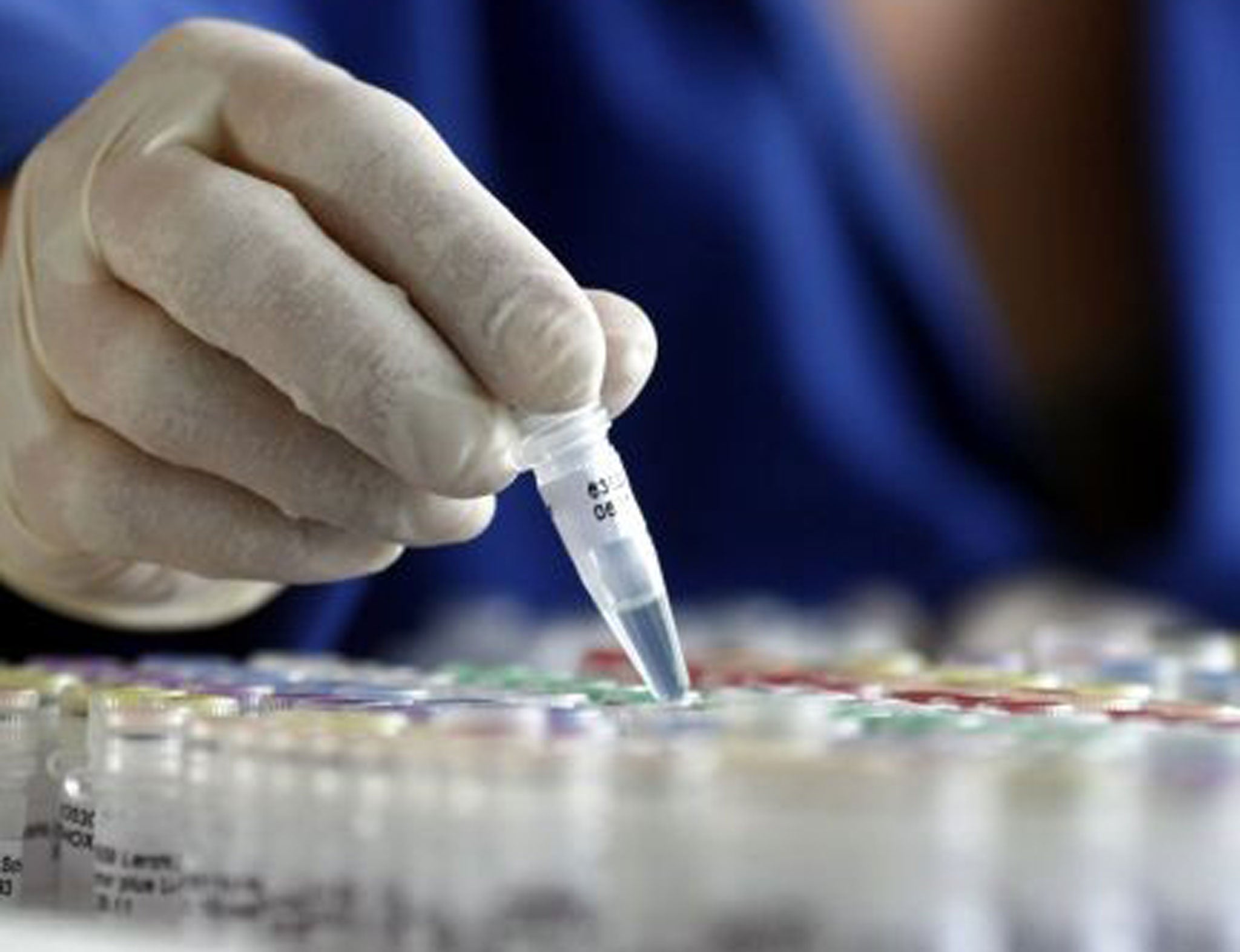Prostate cancer mutates in bursts, says study
About 35,000 men in Britain are diagnosed with the cancer, which kills 11,000 each year

Aggressive prostate cancer is driven by abrupt, periodic bursts of genetic mutations that produce wholesale changes to the DNA of tumour cells, making them more prone to spreading to other parts of the body, a study has found.
Scientists sequenced the entire genomes of the cancer cells of 57 men with prostate tumours and found that potentially harmful mutations occurred in sudden spurts rather than on a slow, regular basis.
Prostate cancer is the most common cancer of men. About 35,000 men in Britain are diagnosed each year and 11,000 die of their disease.
Genetic mutations are the hallmark of cancer cells and genome scientists are discovering that tumours undergo a continuous evolution driven by the most dangerous changes to a cancer cell’s DNA.
“Every cancer patient may have an individual pattern of genetic dysfunction that will need to be understood in order to provide precise treatment,” said Mark Rubin of the Weill Cornell Medical College in New York. “Our study suggests that punctuated cancer evolution may occur to provide a subset of genes that offer a selective advantage for tumour growth. If that is true, we may be able to zero in on a limited number of genetic drivers responsible for an individual’s prostate cancer,” he said
The study, published in Cell, compared the 57 prostate cancer genomes with the DNA of normal, healthy cells. It revealed an astonishing number of mutations, more than 360,000, in the DNA of cancer cells which were not present in healthy cells.
Subscribe to Independent Premium to bookmark this article
Want to bookmark your favourite articles and stories to read or reference later? Start your Independent Premium subscription today.

Join our commenting forum
Join thought-provoking conversations, follow other Independent readers and see their replies